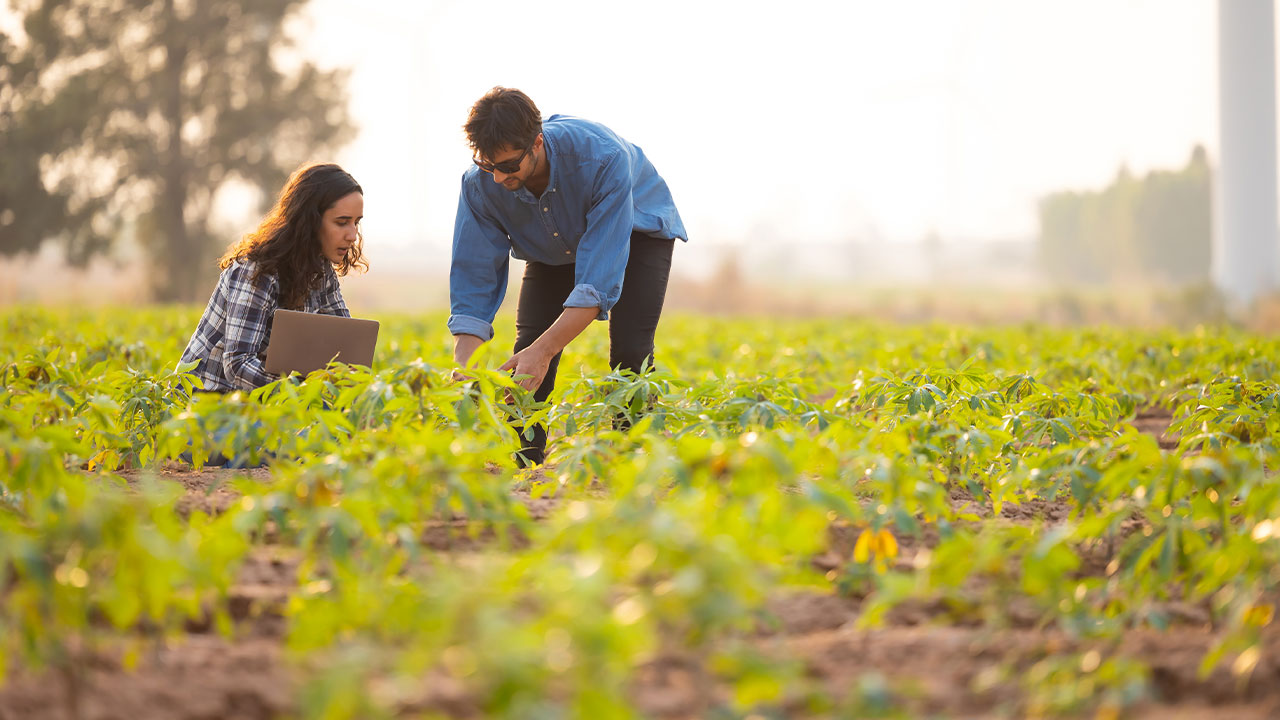content body
Rural sociology is one of those fields that sometimes requires an explanation.
In the most traditional sense, rural applies to the countryside and agriculture, and sociology is the study of human behavior and society.
Taken together, rural sociology examines farms, fields and small towns as well as the people who live, work, adapt and thrive in places that are often overlooked. At Auburn University, the Rural Sociology master’s program offers students a chance to explore the complex social dynamics of rural life and the systems that shape it.
“Rural sociology is about understanding how communities and the environments they inhabit are impacted by broader social structures,” said Michelle Worosz, professor in the in the College of Agriculture. “We look at everything from trade and technology to policy and institutional change and how those forces play out in rural spaces.”
The program offers both thesis and non-thesis tracks, requiring either 30 or 36 credit hours. Coursework is drawn from the Department of Agricultural Economics and Rural Sociology in the College of Agriculture and the Department of Sociology, Anthropology and Social Work in the College of Liberal Arts.
While Auburn doesn’t offer an undergraduate major in rural sociology, there is a minor in rural and community development, as well as a graduate minor in rural sociology and a graduate certificate in rural studies. These options allow students from other disciplines to incorporate rural issues into their education.
Why rural sociology?
“People tend to gravitate toward rural sociology because they are interested in the processes of social change,” said Kelli Russell, an assistant Extension professor.
While rural sociologists at Auburn follow the intersections between communities and the environment, natural resources, food systems, agriculture and governance, colleagues at other universities focus on issues such as youth and family, health care and labor.
“Collectively, we study these groups and issues because we want to understand social change, solve problems and empower groups and communities so that they have the capacity to meet societal needs,” Worosz added, such as disaster recovery, social upheaval or an economic downturn.
Social challenges like homelessness, poverty and violence exist in both urban and rural areas. However, rural communities often face these issues with fewer resources, such as limited access to health care, digital infrastructure, specialized education and well-paying jobs that offer upward mobility.
Rural sociologists work to understand and address these disparities. They also examine how rural communities depend heavily on the natural environment, whether it’s water quality for fishing, soil health for farming or the impacts of resource extraction like mining and logging.
Rural communities can be more vulnerable to shifts in policy and global markets because their economies are less diverse, Worosz said. Rural sociologists study these dynamics, focusing on how social relationships and community structures evolve in response to change.
Why Auburn?
Auburn graduates have been highly successful in furthering their studies and seeking employment. Many have gone on to doctoral programs at top institutions, and into careers with organizations such as the U.S. Census Bureau, John Deere, the National Academy of Sciences, nonprofit organizations and the nationwide network of Cooperative Extension Service. Their work spans community development, public policy, research and more.
What sets Auburn’s program apart is its flexibility and its focus on applied research, according to Worosz.
Students work very closely with the faculty, however, they are encouraged to pursue their own interests, whether that’s food systems or rural economic resilience, while gaining the methodological tools to make an impact.
“Rural sociology helps us understand the challenges rural communities face,” Russell said. “But more importantly, it helps us find solutions.”





